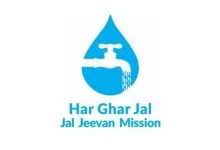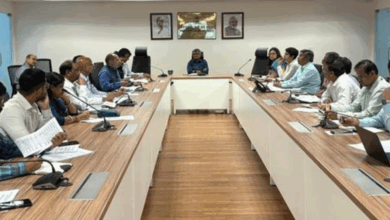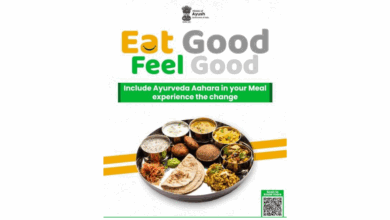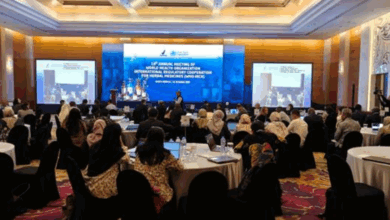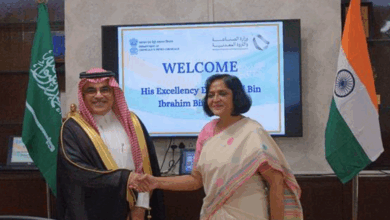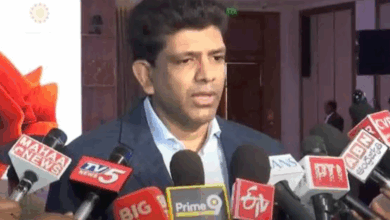Enhancing Access to Safe Drinking Water
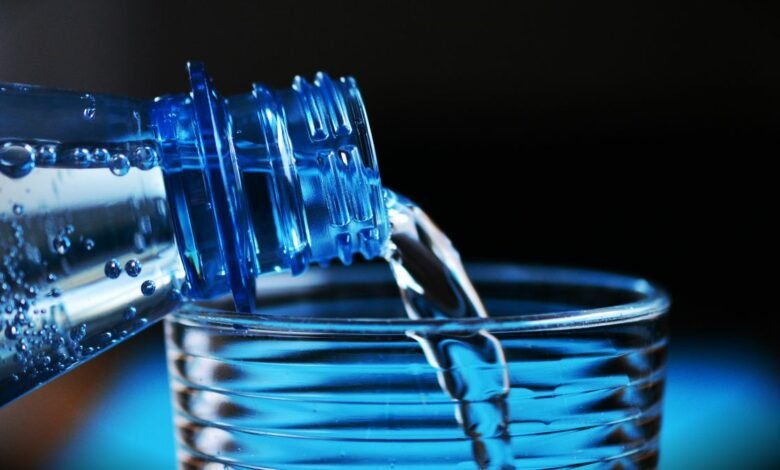
The government of India is committed to making provision for safe & potable tap water supply in adequate quantity, of prescribed quality and on a regular & long-term basis to all rural households in the country. Towards this end, the Government of India launched the Jal Jeevan Mission (JJM), to be implemented in partnership with states, in August 2019. Drinking Water is a state subject, and hence, the responsibility of planning, approval, implementation, operation, and maintenance of drinking water supply schemes, including those under the Jal Jeevan Mission, lies with State/UT Governments. The Government of India supports the States by providing technical and financial assistance.
Significant progress has been made in the country since the launch of the Jal Jeevan Mission, towards enhancing access to tap water to rural households. At the start of the Jal Jeevan Mission in August 2019, only 3.23 Crore (16.8%) of rural households were reported to have tap water connections. So far, as reported by States/ UTs as of 07.12.2023, around 10.53 Crore additional rural households have been provided with tap water connections under JJM. Thus, as of 07.12.2023, out of 19.24 Crore rural households in the country, approximately 13.76 Crore (71.51%) households are reported to have tap water supply in their homes.
The provision of safe drinking water is one of the key priorities under the JJM. Accordingly, while allocating the funds to States/ UTs, 10% weightage is given to the population residing in habitations affected by chemical contaminants. States/ UTs have been advised to plan and implement piped water supply schemes based on alternative safe water sources for the villages with water quality issues.
Wherever planning, implementation, and commissioning of a piped water supply scheme based on a safe water source in such habitations may take time, purely as an interim measure, States/ UTs have been advised to install community water purification plants (CWPPs), especially in Arsenic and Fluoride affected habitations to provide potable water to every household to meet their drinking and cooking requirements. The mandate of the Department of Drinking Water and Sanitation is to provide safe drinking water and sanitation to rural areas of the country. The Department of Drinking Water and Sanitation has not maintained any data related to the number of cases or number of deaths due to contamination of drinking water.
Ministry of Health & Family Welfare (MoH&FW) and state governments undertake disease surveillance in the country through the Integrated Disease Surveillance Program (IDSP) for more than 33 epidemic-prone diseases, including waterborne diseases. The MoH&FW has informed that the feedback, based on the analysis of the disease data, is shared with concerned States and districts, for taking further necessary actions in the areas where waterborne diseases are reported. The surveillance mechanism helps to detect outbreaks in the early rising phase. Outbreak investigations are conducted, and timely appropriate measures are undertaken by the health department to control and prevent the further spread of the disease.
MoH&FW has also, informed that the technical guidelines for “Detection, Prevention and Management of Arsenicosis in India” and revised guidelines for the “National Program for Prevention and Control of Fluorosis” have been shared with the affected States. In addition, the Information, Education, and Communication (IEC) materials for awareness of disease symptoms and prevention of Arsenicosis and Fluorosis have been shared with the affected states.
This information was given by the Minister of State for Jal Shakti, Shri Rajeev Chandrasekhar in a written reply in Rajya Sabha today.
Disclaimer: This is an official press release by Pib.

